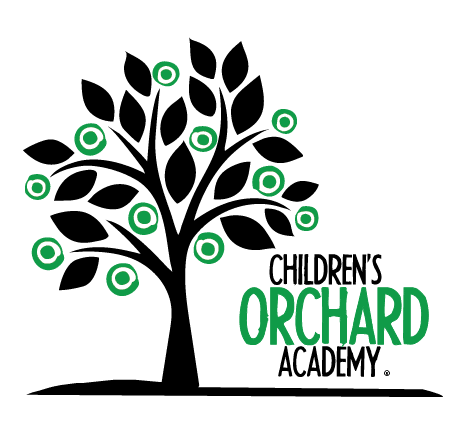Moving and Growing: Nurturing Motor Skills Development in Nursery and Preschool
At Children’s Orchard Academy, we believe in fostering holistic development in our young learners. One crucial aspect of this journey is the development of motor skills—both fine and gross. In this blog, we explore the significance of motor skills in the early years and share how our nursery and preschool programs are designed to nurture these skills, setting the stage for a lifetime of physical and cognitive growth.
Understanding Motor Skills:Motor skills can be broadly categorized into two types: fine motor skills and gross motor skills.
- Fine Motor Skills:
- Involve the coordination of small muscles, particularly those in the hands and fingers.
- Crucial for tasks like grasping objects, writing, and buttoning clothes.
- Play a vital role in the development of hand-eye coordination and precision movements.
- Gross Motor Skills:
- Involve the coordination of larger muscle groups responsible for body movement and coordination.
- Essential for activities such as running, jumping, and balance.
- Form the foundation for physical activities that contribute to overall health and well-being.
Nurturing Motor Skills in Nursery and Preschool:
Fine Motor Skills Activities:
- Art and Craft:
- Engaging in creative activities like drawing, coloring, and crafting helps refine fine motor skills as children manipulate tools and materials.
- Playdough Play: Kneading, rolling, and shaping playdough enhance hand strength and dexterity.
- Building with Blocks: Manipulating blocks and building structures encourages precision and spatial awareness.
- Gross Motor Skills Activities:
- Outdoor Play: Activities like running, jumping, climbing, and playing games enhance gross motor skills and contribute to overall physical health.
- Dancing and Movement: Incorporating music and dance into the curriculum promotes coordination, balance, and rhythmic movement.
- Obstacle Courses: Setting up simple obstacle courses encourages children to navigate physical challenges, improving their motor coordination.
- Sensorimotor Play:
- Sensory activities that engage multiple senses contribute to overall motor development.
- Exploring textures, playing with water or sand, and sensory bins are examples of sensorimotor play.
- Structured Physical Education Programs:
- Implementing structured physical education programs tailored for the age group promotes the development of both fine and gross motor skills.
- Trained educators guide children through activities that enhance coordination, strength, and agility.
- Incorporating Motor Skills into Academic Learning:
- Integrating motor skill development into academic activities fosters a holistic approach to learning.
- For example, incorporating movement into learning the alphabet or counting not only engages the mind but also reinforces physical coordination.
Benefits of Motor Skills Development:
- Cognitive Development:
- Motor skills development is closely linked to cognitive development, enhancing a child’s ability to process information and solve problems.
- Social Interaction:
- Engaging in physical activities fosters teamwork, communication, and social skills as children collaborate in play.
- Confidence Building:
- Mastering physical challenges builds confidence and a positive self-image in young learners.
- Preparation for Academic Readiness:
- Well-developed motor skills contribute to readiness for academic tasks such as writing and participation in classroom activities.
At Children’s Orchard Academy, we recognize the integral role motor skills play in a child’s overall development. Our nursery and preschool programs are crafted with thoughtful consideration for activities that nurture fine and gross motor skills. By providing a rich and stimulating environment, we aim to empower our young learners with the physical and cognitive tools they need for a lifetime of growth and success. Join us on this journey of moving and growing, where every step is a celebration of progress and potential.
